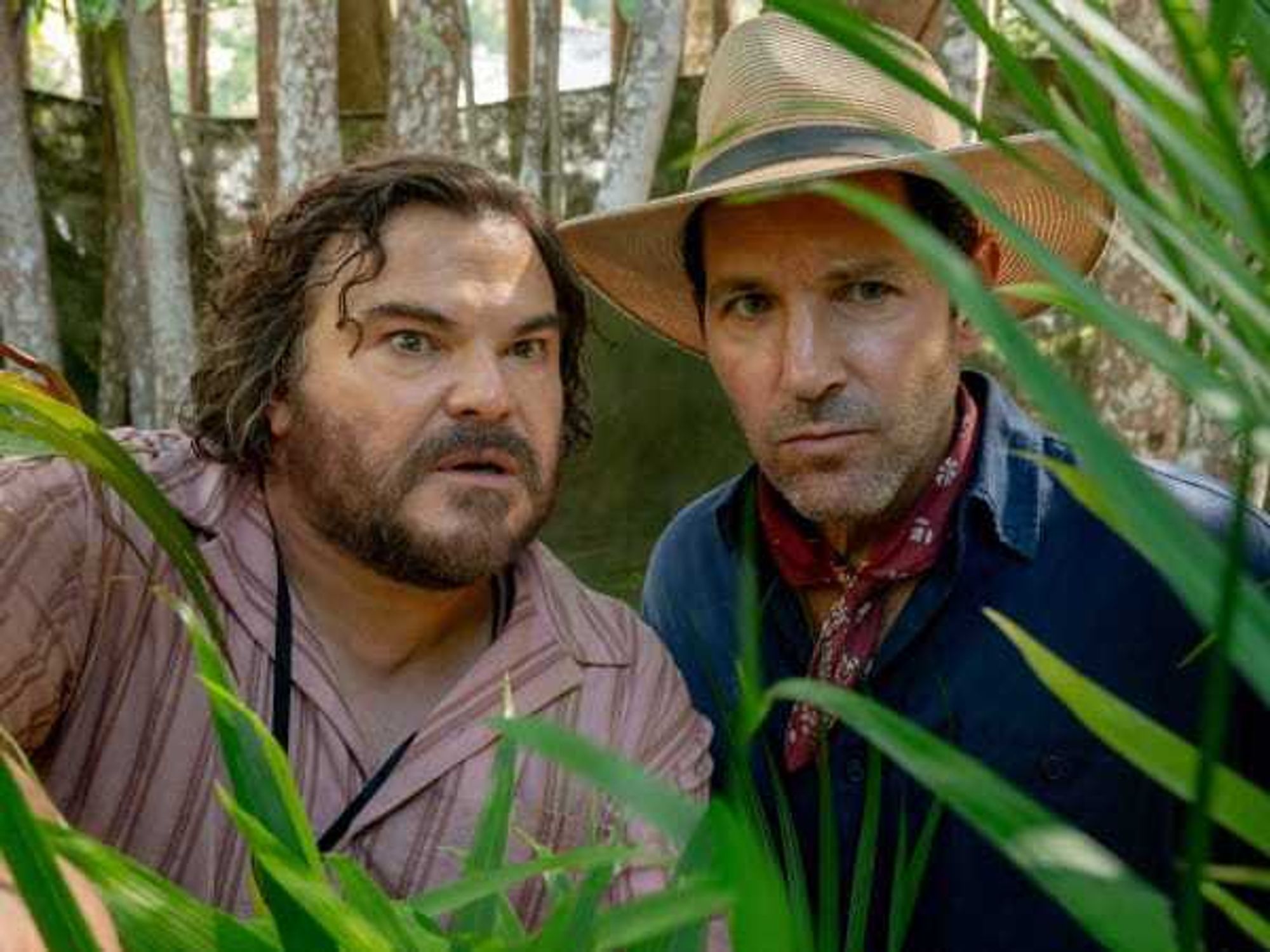Movie Review
Saoirse Ronan brings award-worthy dimension to The Outrun

In Hollywood, there are two levels of being an A-lister, with occasional overlap between the two. There are the movie stars who can be counted on time and again to deliver at the box office, and there are the actors who put on Oscar-level performances in nearly every film they’re in. Saoirse Ronan resides firmly in the latter category, which she proves yet again in The Outrun.
The first time we see Rona (Ronan), she is drunk in a pub in London, so far gone that she has to be thrown out by security. In quick succession, she is shown with a severe black eye while giving a police report, and then working on her family farm on Scotland’s Orkney Islands, accompanied by text stating simply “117 days.” With a modicum of storytelling, it’s readily apparent that Rona is an alcoholic, and that the film will spend time with her at various stages of her tumultuous life.
The “present” of the film is her time on the Orkney Islands, with Rona helping her dad, Andrew (Stephen Dillane), run the farm, putting up with her overtly religious mom, Annie (Saskia Reeves), and doing her level best to stay sober. The fact that the 29-year-old has no clue what to do with her life and that she’s still pining over her old boyfriend, Daynin (Paapa Essiedu), doesn’t exactly help her predicament.
Directed by Nora Fingscheidt and adapted by Fingscheidt and Amy Liptrot from Liptrot’s memoir of the same name, the film treads familiar ground seen in other movies about alcoholism, with the biggest difference being the setting. The harsh beauty of the landscape where she spends most of her time seems to be a metaphor for her life, a place that can be unforgiving but also capable of the occasional positive surprise.
Fingscheidt eschews a straightforward narrative in favor of one that offers glimpses of Rona’s life throughout her drunkenness and sobriety. While she is able to keep Rona’s story legible for most of the film, there are times when the back-and-forth takes extra effort to understand. A clever marker the film uses to help viewers track time is Rona’s changing hair color, which is bright blue when she’s in her drinking phase in London, with only blue tips remaining during her time of recovery.
The film contains other elements to try to enhance the central story, some of which are more successful than others. Rona recounts various Scottish legends through voiceover, most notably one about selkies, shapeshifters that can change between seal and human form. The idea is interesting, but the connection between the legend and Rona is not strong. A subplot involving her dad’s lifelong mental health issues hits a bit harder, although it rightly is not explored all that much.
Ronan is, as always, an acting force. When an actor plays an alcoholic, it can be easy for them to fall into clichés, but Ronan manages to avoid most of them. Her skills have always been in the smaller, quieter moments anyway, and it’s when her character has to delve into self-reflection that she shines the most. Dillane and Reeves are veteran actors who complement Ronan well, and Essiedu does nicely in a role that is chopped up.
The Outrun — named for a certain part of the landscape on Rona’s family farm — doesn’t necessarily have a lot of new things to say about the states of addiction or soberness, but the personal story is compelling enough to hold interest. And with Ronan in the lead, moviegoers are in good hands, as her performance proves to be award-worthy once again.
---
The Outrun opens in theaters on October 4.
